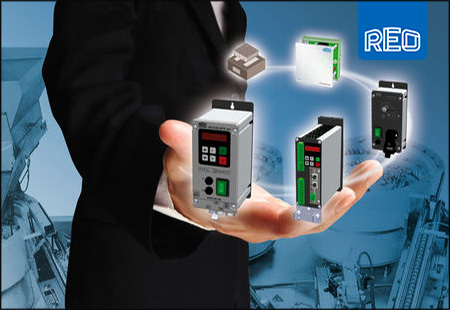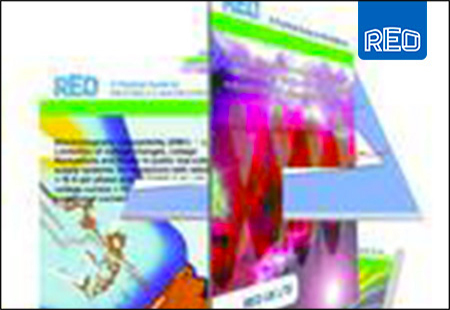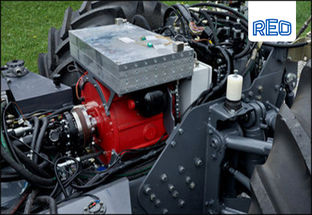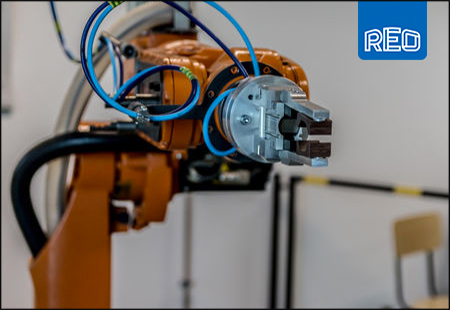Industry 4.0 unplugged
Industry 4.0 is a big concept and a hugely popular buzzword across manufacturing. It originated at the Hanover Messe a couple of years ago, when Siemens defined it as the computerisation of manufacturing, including a transition to higher levels of interconnectivity, smarter plants and communication between equipment.
The first industrial revolution was the development of mechanization using water and steam power – in fact, we mentioned our visit to its birthplace recently. This was followed by the introduction of electricity in manufacturing environments, which led to mass production. The digital revolution happened during our lifetime, using electronics and IT to further automate manufacturing.
Industry 4.0 is the fourth step in this series of revolutions. Although it is still, relatively speaking, in its infancy, the idea relies on sophisticated software and machines that communicate with each other to optimise production.
Furthermore, today’s smart plants are expected to take decisions regarding production efficiency and safety autonomously. Industry 4.0 is more about machines doing the work and interpreting the data, than plants relying on human intelligence – as was the case until now.
Thanks to the capacity of Industry 4.0 ready devices to process big data, they are able to offer statistics and trends that allow manufacturers to make their production lean and more fuel-efficient. Saving electricity and water are key requirements for modern plant managers and they can achieve their eco-friendly goals by using smart plant connectivity.
Seamless integration
REO UK offers a number of products that integrate seamlessly into an Industry 4.0 plant environment.
Automation solutions like recognition systems for product checking and sorting can be used to provide status reports. The information received from them can be sent straight to the quality department who can stop production if faults have been discovered.
In addition, these recognition systems come with a program written as an instruction list, operating sequence or ladder diagram, as specified in the IEC 1131 standards. This makes them ideal for the track and trace requirements of the pharma industry, as well as those of food manufacturing plants.
Vibration measurement instruments can also be integrated into smart plant strategies. The Reovib BK032 is a monitoring unit for vibratory feeders for instance. By using this measuring device in conjunction with an accelerometer, vibration levels can be easily monitored and introduced to a database.
In the Reovib control system, an acceptance window can be set, defining adjustable maximum and minimum limits. If either of these values is exceeded, a corresponding relay will operate. During the unstable, start-up phase a time delay can be set so that spurious reading are ignored. The unit has a built-in sensor power supply for direct connection, which means that REO’s measurement instruments not only collect data but also react to it and take action as per the input programs.
What does the future hold?
Here at REO, we believe that Industry 4.0 will ultimately represent a significant evolution in manufacturing and industry. Furthermore, geographical and data boundaries between distinct factories will soon become a thing of the past, with smart plant concepts joining up sites located anywhere around the world.
Of course, we recognise that our own products are only a very small part of this bigger picture. Furthermore, we have never set out to design an ‘Industry 4.0’ compliant device, just as customers never ask for an ‘Industry 4.0’ application.
Instead, we are part of a trend in the electrical industry that SIEMENs identified at Hannover. But this particular trend is an exciting one and we are keen to see how it develops.













